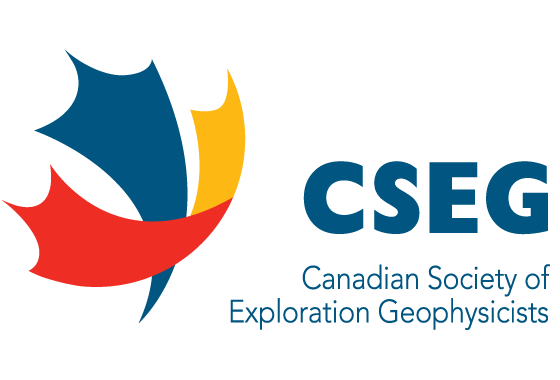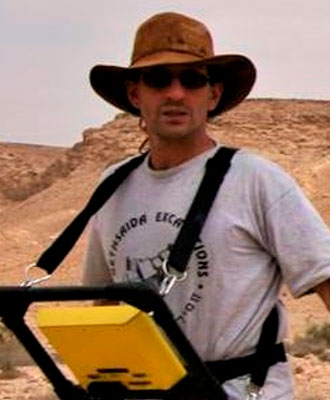Abstract
The number of refugees and internally displaced persons (IDPs), worldwide, is about 80 million. Most refugees are fleeing water-stressed and conflict-torn countries such as South Sudan, Somalia, and Syria. Generally, the host countries for refugee populations are also arid or semi-arid, such as Kenya, Chad, and Jordan. In the marginal landscapes where refugee camps are usually sited, groundwater is often the only practical source of water for drinking, cooking, and sanitation. A lack of access to adequate water supplies is directly tied to increasing occurrences of cholera, dysentery, hepatitis, trachoma, and other diseases. Today, with Covid-19 outbreaks already occurring in overcrowded refugee camps, improving hygiene is critical. A well-targeted geophysical exploration program can make the difference between a successful water supply program and one doomed to failure.
In this talk, I lead you on the geophysical search and then the discovery of water in a few of the refugee camps and conflict zones in East Africa. In each of these settings, the cause of human displacement is distinct, the geology and hydrogeology vary, the landscapes are strikingly different, but the need for water is equally desperate.
In one of the largest refugee camps in the world, in the Turkana desert of Kenya, seismic and resistivity surveys helped to increase the water supply to the camp and, simultaneously, a previously unrecognized public health crisis was addressed. In Northern Uganda, in the devastation left behind by Joseph Kony and the Lord’s Resistance Army, village water supplies were restored following geophysical surveys and hydrochemical testing. More importantly, the local Ugandan crews were trained to carry on with this technical work. Finally, in the midst of a civil war in the world’s newest country, South Sudan, an emergency mission relying on resistivity surveys took advantage of a cessation of hostilities to find water in villages stranded by the conflict.
Biography
Water for Rohingya refugees, an escape tunnel from a Nazi death camp, Pablo Escobar’s billions of buried drug money, or Holocaust mass burials, Paul Bauman has searched for all of these and much more. Paul is the founding Technical Director of the Near Surface Geophysics group of Advisian, which is based in Calgary, but has undertaken work on all seven continents. Paul has more than 35 years of geophysical exploration experience in the water resources, environmental, engineering, oil and gas, mining, and humanitarian and archaeology sectors. He has a BScE in Geological Engineering and a minor in Near Eastern Studies from Princeton University, and an MSc in Hydrogeology from the University of Waterloo. Since the early 1990’s, Paul has directed water exploration programs in some of the most water-stressed locations on the planet including Yemen, post-tsunami Aceh, and refugee camps and conflict-affected areas in East Africa and Bangladesh. Some of these geophysical projects have been featured in movies and television documentaries by National Geographic, NOVA, the Discovery Network, and the History Channel.
Schedule
Note: schedule is tentative and subject to change. All times Mountain Standard Time (MST)
| Date | Time | Location |
|---|---|---|
| 27 October, 2020 | 12:00 Noon | University of Manitoba |
| 4 November, 2020 | 3:00 PM | University of Regina |
| 5 November, 2020 | 9:30 AM | Carleton University and the University of Ottawa |
| 5 November, 2020 | 12:00 Noon | University of Waterloo |
| 6 November, 2020 | 11:30 AM | Western University, London Ontario |
| 9 November, 2020 | 11:00 AM | Acadia University |
| 17 November, 2020 | 2:00 PM | University of Toronto |
| 20 November, 2020 | 2:30 PM | McGill University |
| 27 November, 2020 | 2:30 PM | University of Saskatchewan |
| 3 December, 2020 | 1:30 PM | Purdue University |
| 14 January, 2021 | 12:00 Noon | University of British Columbia |
| 14 January, 2021 | 3:30 PM | Simon Fraser University |
| 21 January, 2021 | 3:00 PM | University of Alberta |
| 19 February, 2021 | 3:00 PM | University of Wisconsin at Eau Claire |
| 4 March, 2021 | 6:00 PM | University of Calgary Gallagher Colloquium |





